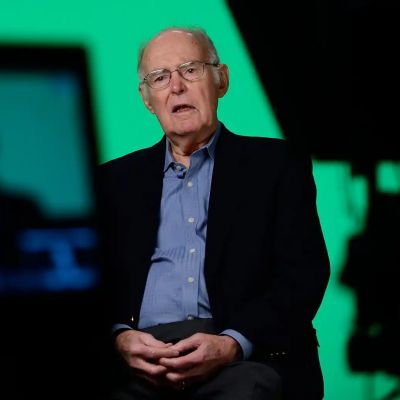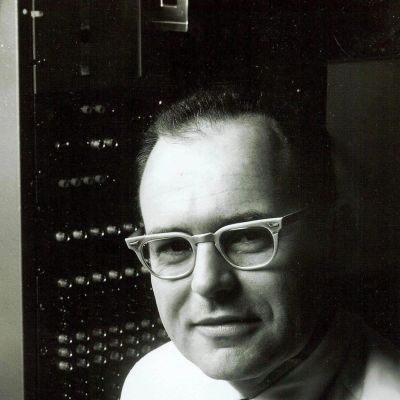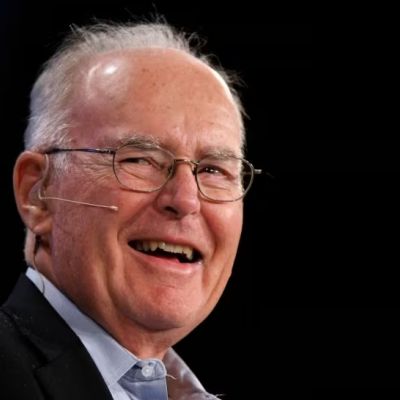Gordon Moore, the co-founder of the microchip company Intel, died on March 24 in Hawaii at the age of 94. Moore’s business revealed the news, adding that he was accompanied by his family in his closing minutes. Moore was an inventor who, along with Andrew Grove and Robert Noyce, helped establish Intel in 1968. Intel Inside CPUs are now found in more than 80% of the world’s desktop PCs.
Moore stated in a 1965 piece that the number of transistors on microchips has grown roughly every year since integrated circuits were invented a few years before. “Moore’s law” established the basis of the computer processing business and influenced the PC era. According to the New York Post, he wrote:
“Integrated circuits will enable such marvels as home computers – or at least terminals linked to a central computer – automatic car controls, and personal portable communications equipment.”
Intel co-founder Gordon Moore has died at the age of 94.
Some called him Silicon Valley’s quiet revolutionary.
Here’s more on the story behind Moore’s Law… 🧵 pic.twitter.com/KC70T2Z6GM
— Jon Erlichman (@JonErlichman) March 25, 2023
After Moore’s essay gained momentum, processors improved and became affordable at an exponential rate. This fueled the majority of the world’s technical development for the next 50 years, allowing home computers, the internet, and Silicon Valley behemoths like Apple, Facebook, and Google to emerge.
Gordon Moore’s net wealth is in the billions of dollars.
Gordon Moore was born in San Francisco, California, on January 3, 1929. Moore has a net worth of $7.1 billion, according to Celebrity Net Worth. The dead expert received his bachelor’s degree in chemistry from the University of California, Berkeley. Later in life, he received a Ph.D. in chemistry and physics from the California Institute of Technology. He worked at Johns Hopkins University’s Applied Physics Laboratory before co-founding Intel Corporation with Robert Noyce in 1968.

Gordon Moore offered his views on his technology forecast being correct during an interview in 2005.
“It’s great to be in the right place at the right time.” I was extremely lucky to enter the silicon business at its inception. And I had the chance to progress from a time when we couldn’t manufacture a single silicon transistor to a time when we could fit 1.7 billion of them onto a single device! It’s been an incredible journey.”
Despite the fact that he and CEO Noyce saw each other as equals, the former worked as executive vice president until 1975. Moore was appointed chairperson and CEO in April 1979 and remained in that role until April 1987, when he was promoted to chairman. In 1997, he was appointed chairman emeritus. Aside from science, Gordon Moore was a philanthropist. He was an ardent sports angler who traveled the globe to chase his passion. In 2000, he and his wife, Betty, founded the Gordon and Betty Moore Foundation, which is dedicated to environmental issues.

Moore’s $5 billion in Intel stock gift funded the foundation’s projects, which included the preservation of the Amazon River watershed and salmon streams in the United States, Canada, and Russia. He also gave hundreds of millions of dollars to his alma mater, the California Institute of Technology, to help it maintain its position as a technological and study champion, and he backed the SETI (Search for Extraterrestrial Intelligence) project. President George W. Bush gave Gordon Moore the Medal of Freedom, the country’s highest civilian distinction, in 2002. His wife, Betty, and two boys, Kenneth and Steven Moore, succeed him.




